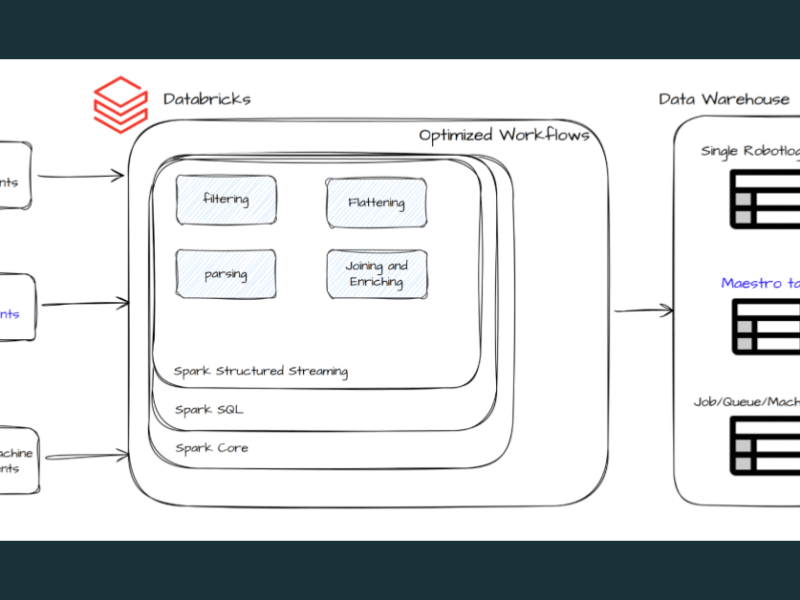Elon Musk confirmed Tesla’s disbandment of its Dojo AI training supercomputer team, citing a strategic pivot towards AI6 chip development, impacting the Buffalo, New York facility and previous plans for a second Dojo cluster in 2026.
Musk stated on X that the decision to shut down Dojo and implement “tough personnel choices” stemmed from the realization that “all paths converged to AI6,” rendering “Dojo 2” an “evolutionary dead end.” He further suggested that “Dojo 3” could be conceptualized as “a large number of AI6 [systems-on-a-chip] on a single board.” Tesla had previously brought its initial Dojo supercomputer online, utilizing a combination of Nvidia GPUs and proprietary D1 chips. Subsequent plans included the construction of a second Dojo factory, referred to by Musk as “Dojo 2,” which was intended to operate with a second-generation D2 chip.
The D2 chip and the broader Dojo initiative have been shelved as Tesla redirects its focus to its AI5 and AI6 chips. These chips are being manufactured by TSMC and Samsung, respectively. The AI5 chip is engineered primarily for powering FSD, Tesla’s driver assistance system. The AI6 chip, conversely, is designed for both onboard inference, supporting self-driving capabilities in vehicles and autonomous functions in humanoid robots, and for large-scale AI training applications.
Musk explained his rationale for consolidating chip development, posting, “It doesn’t make sense for Tesla to divide its resources and scale two quite different AI chip designs.” He added, “The Tesla AI5, AI6 and subsequent chips will be excellent for inference and at least pretty good for training. All effort is focused on that.” Regarding supercomputer clusters, Musk indicated that it is more efficient to assemble “many AI5/AI6 chips on a board, whether for inference or training, simply to reduce network cabling complexity & cost by a few orders of magnitude.” He remarked, “One could call that Dojo 3, I suppose.”
Musk began discussing Dojo in 2019, consistently positioning it as a foundational element for Tesla’s objectives of achieving full self-driving and commercializing humanoid robots. Mentions of Dojo ceased around August 2024, at which point Musk began promoting Cortex, described as a “giant new AI training supercluster being built at Tesla HQ in Austin to solve real-world AI.” The current status of Cortex remains unclear.
Tesla invested $500 million to construct a Dojo facility in Buffalo, New York. This strategic shift occurs while Tesla faces declining electric vehicle sales and brand challenges. Tesla also initiated a slow and confined robotaxi launch in Austin in June, which reportedly resulted in numerous instances of problematic driving behavior from the vehicles.

